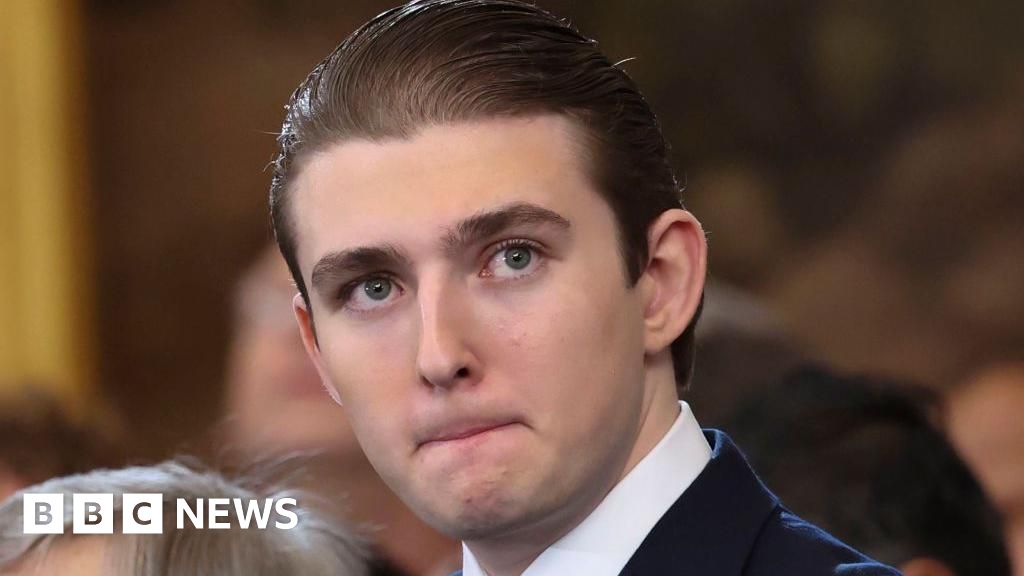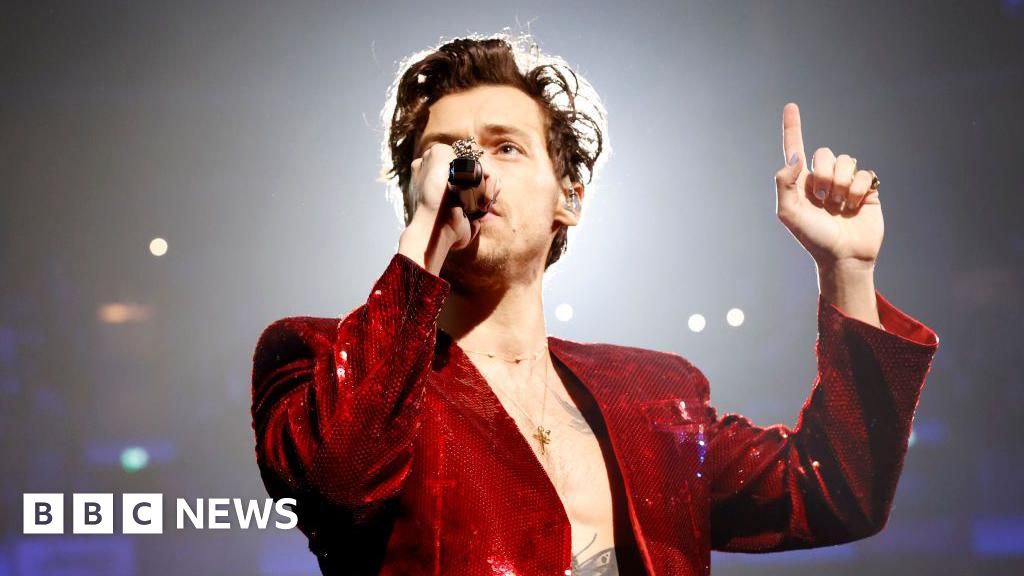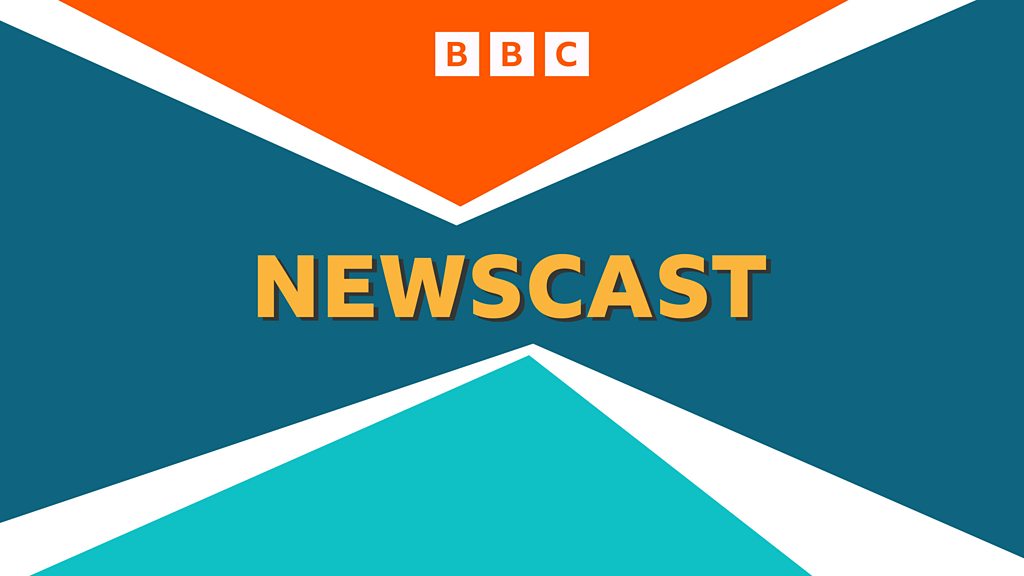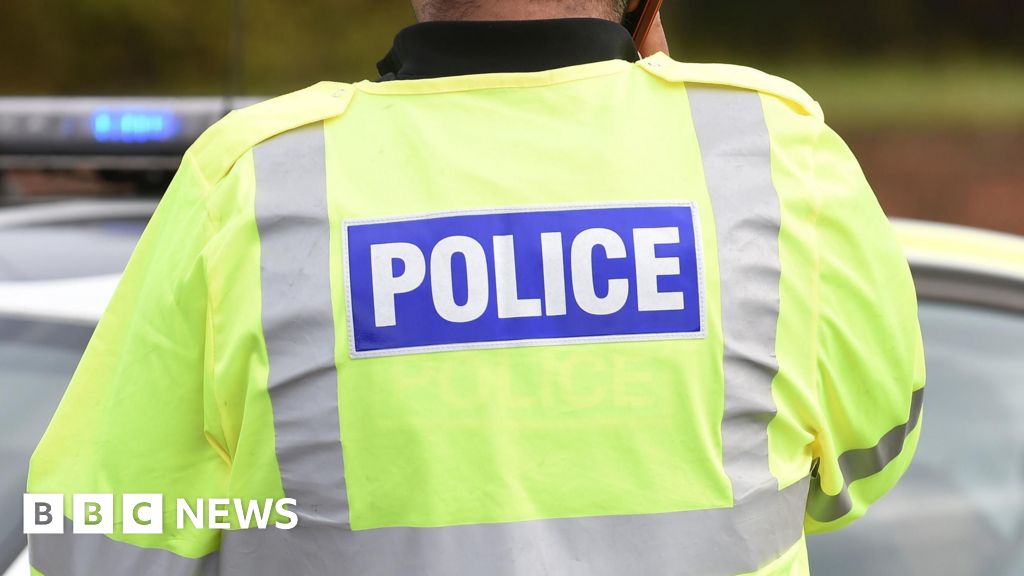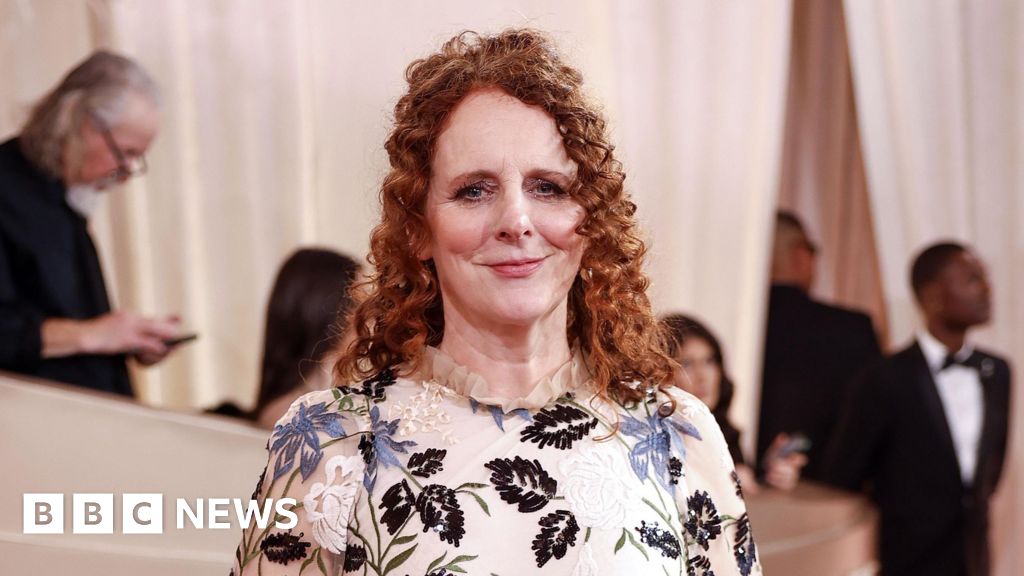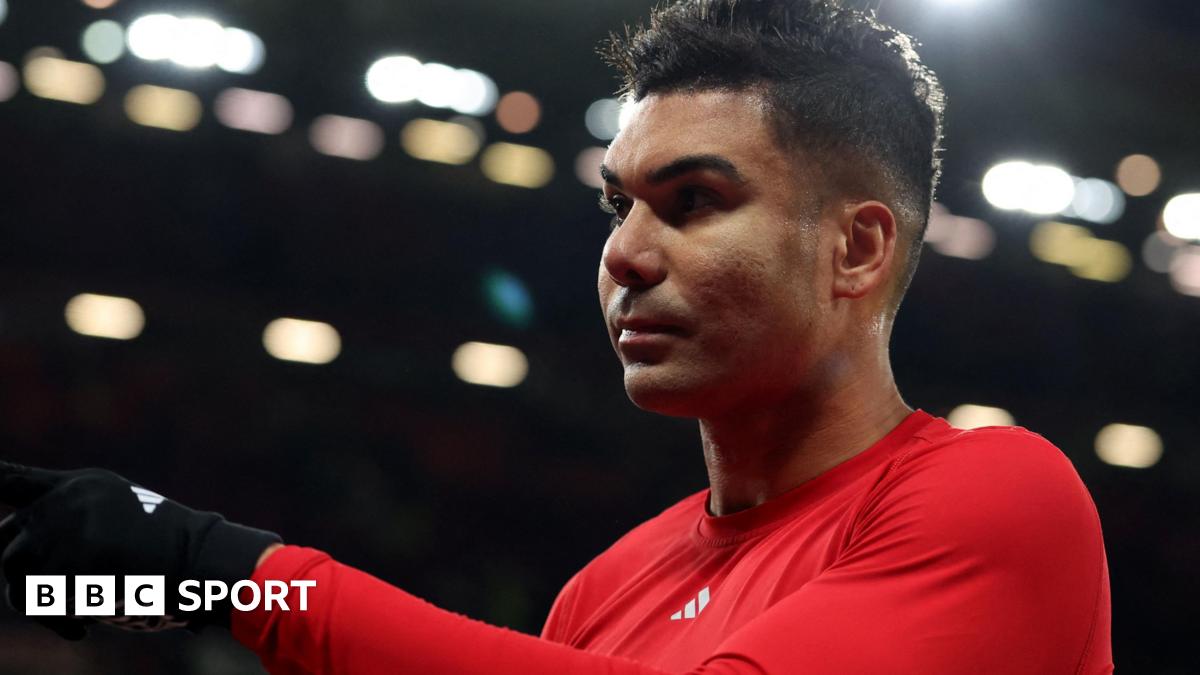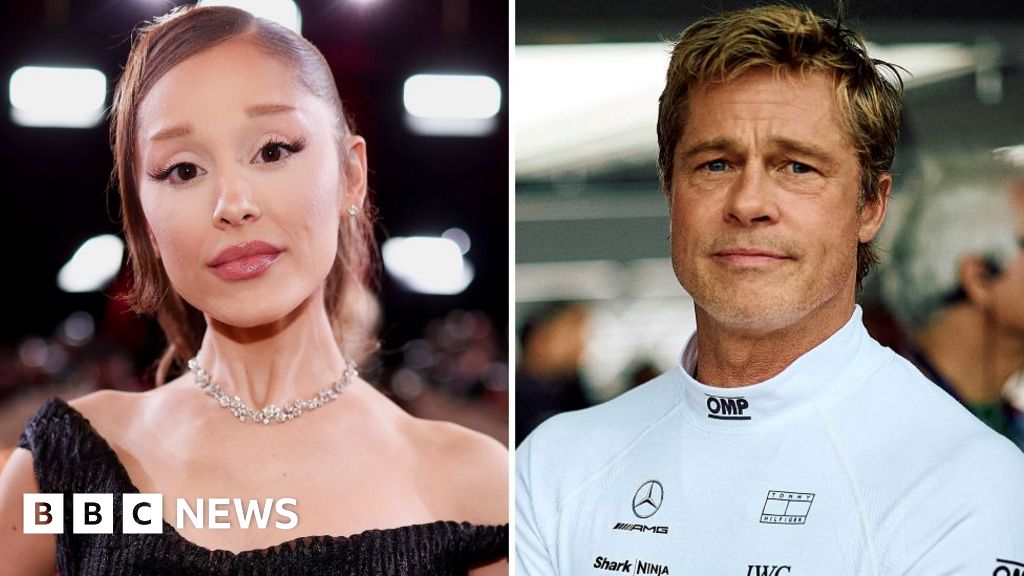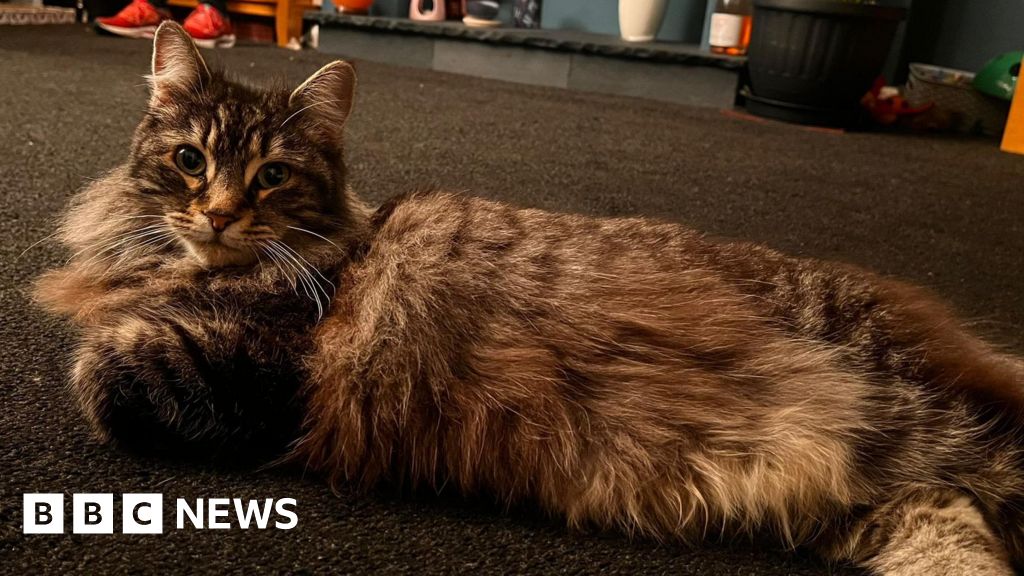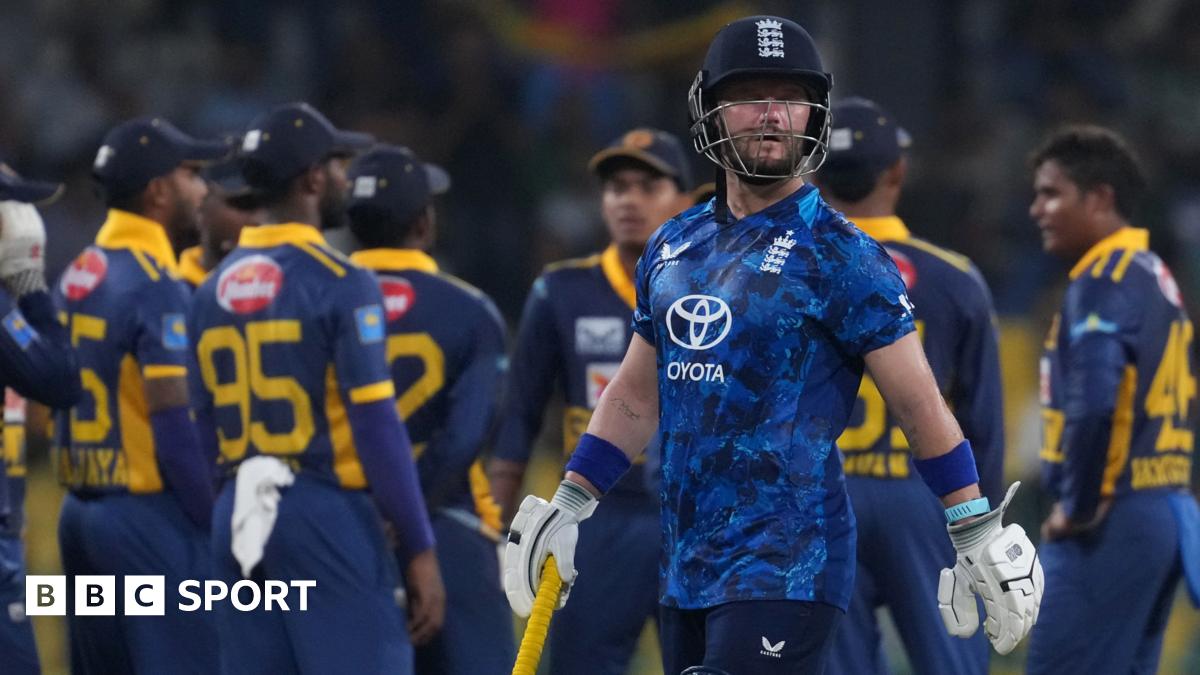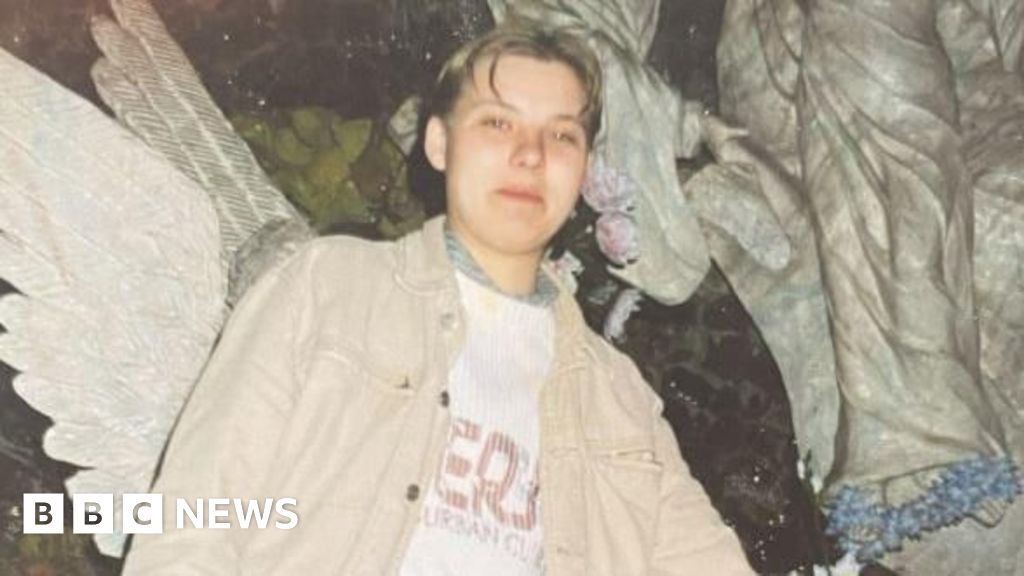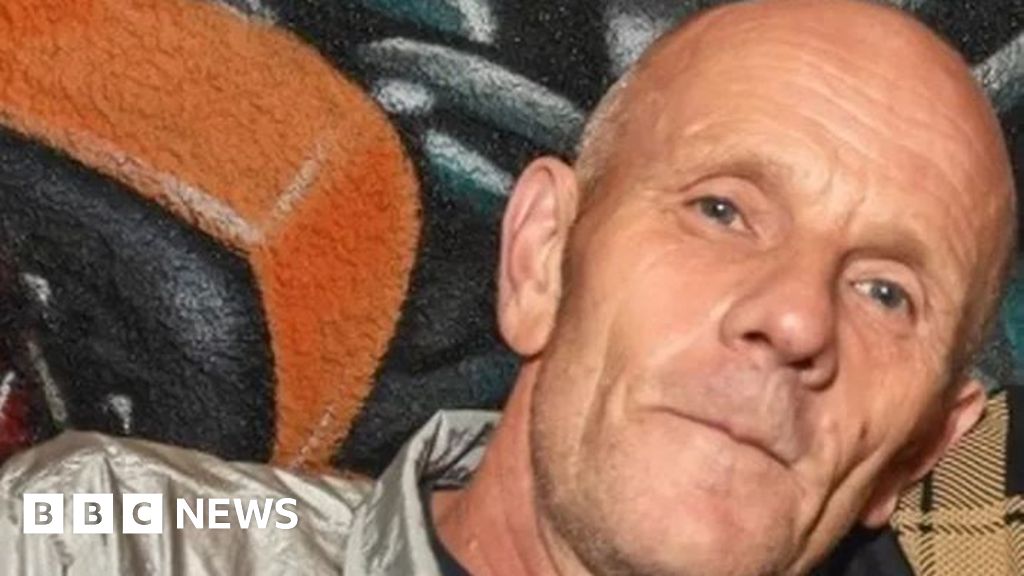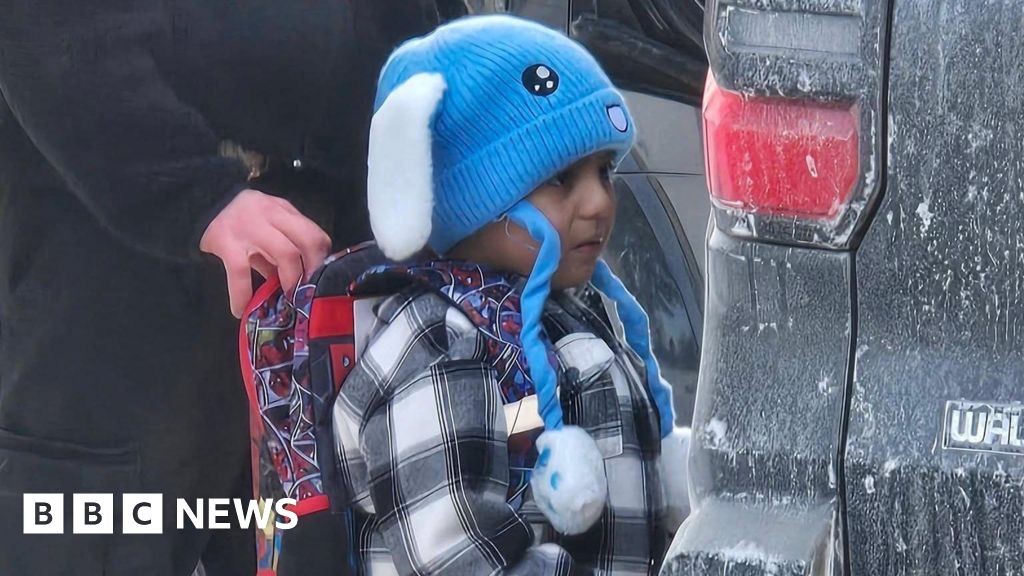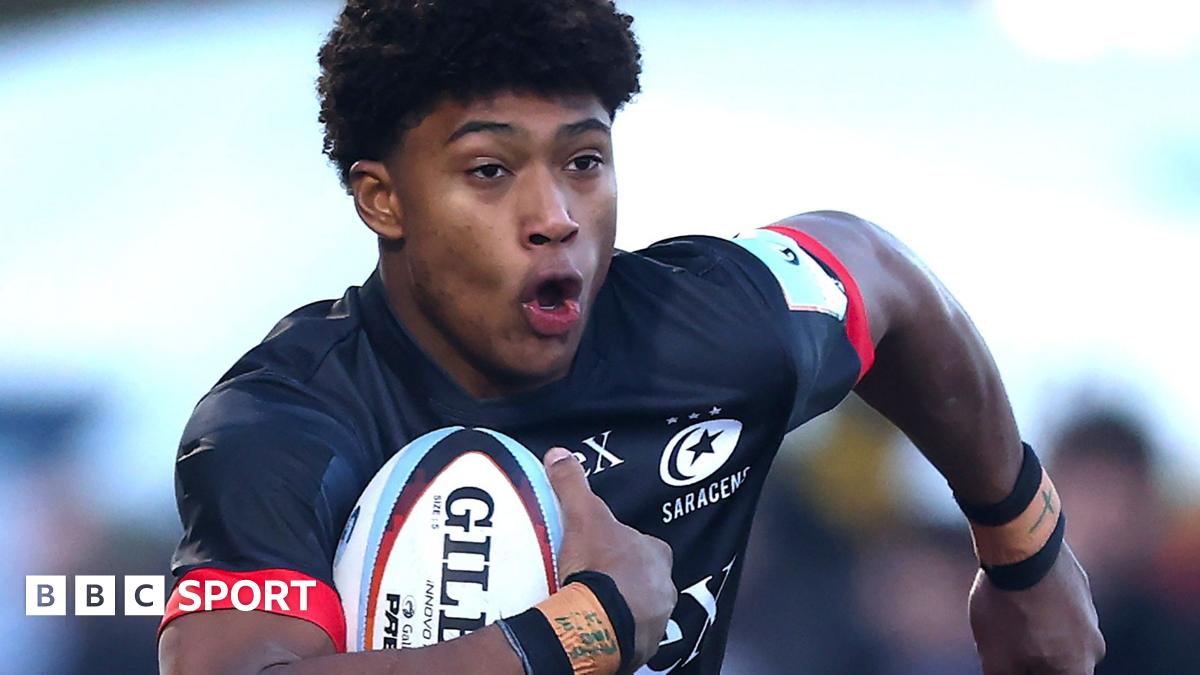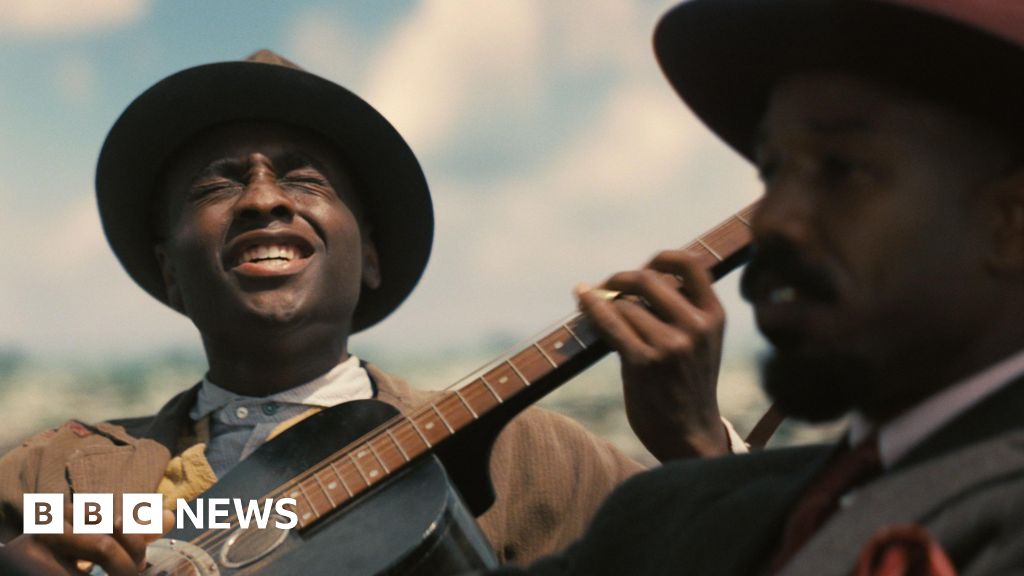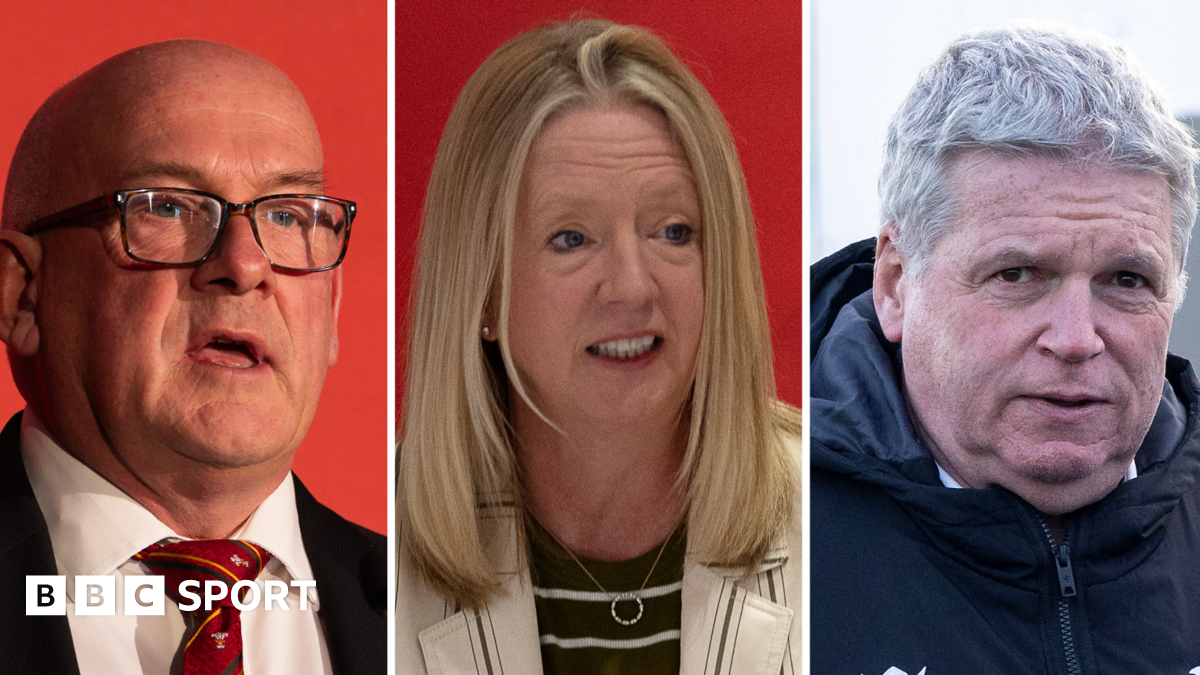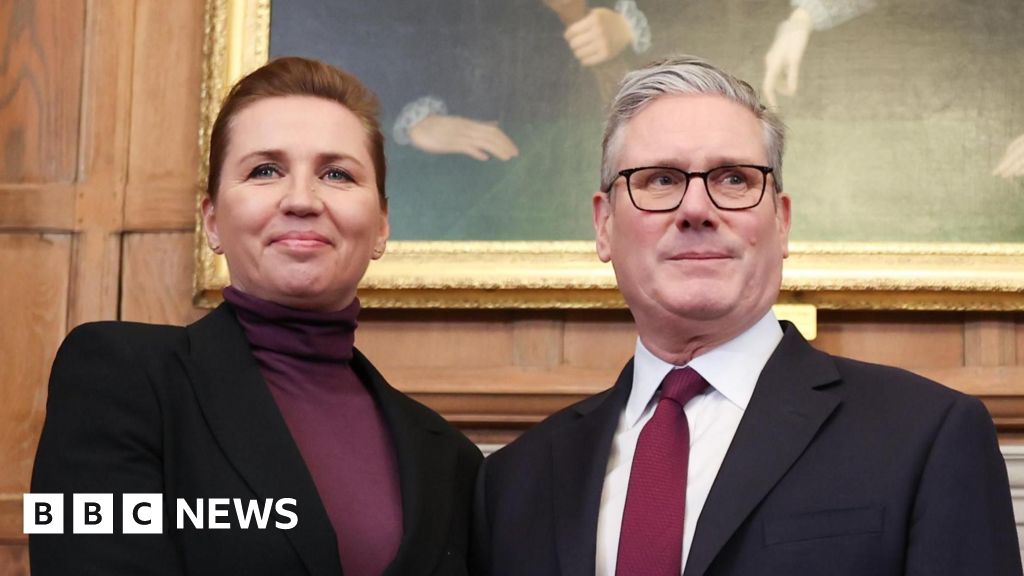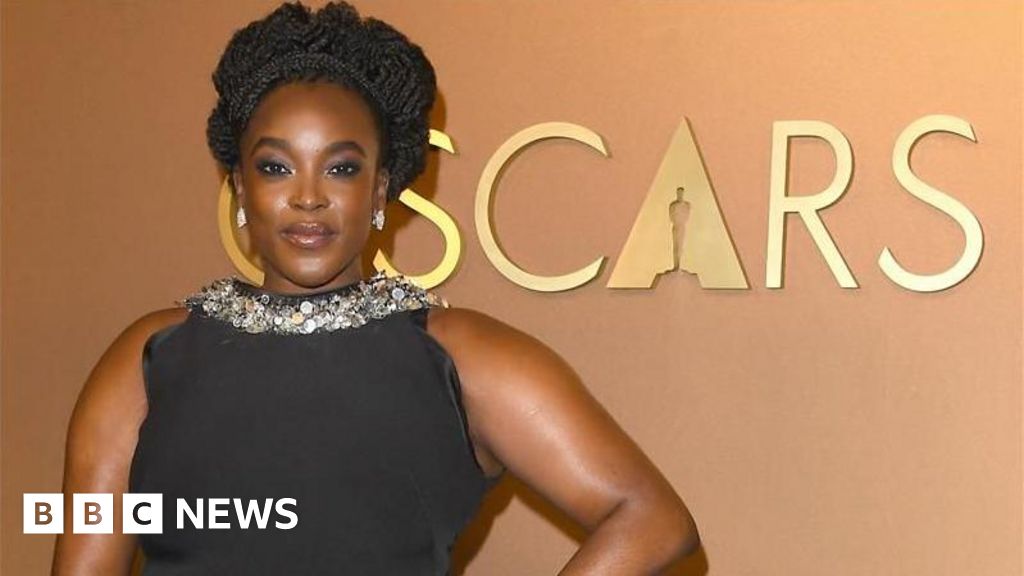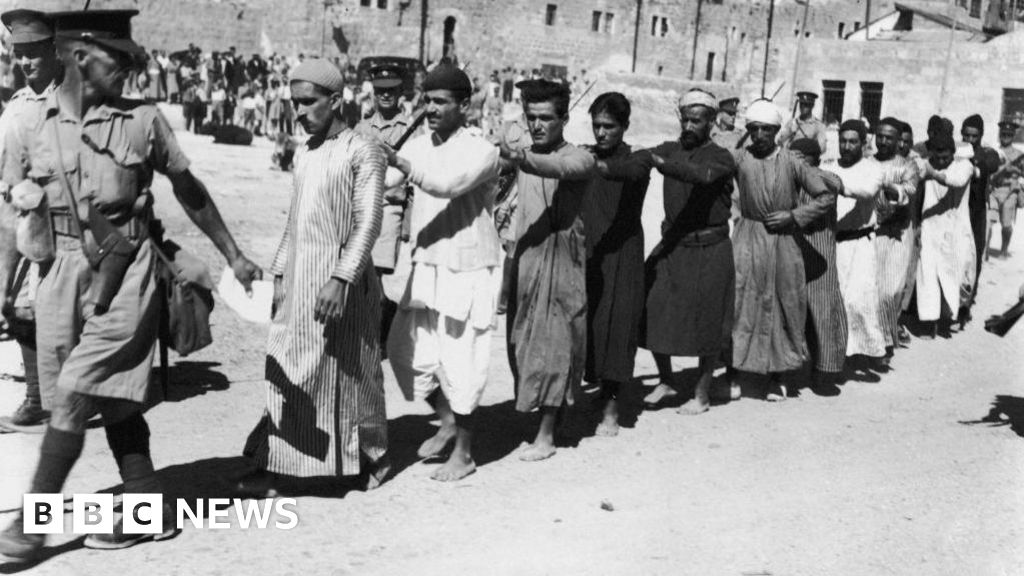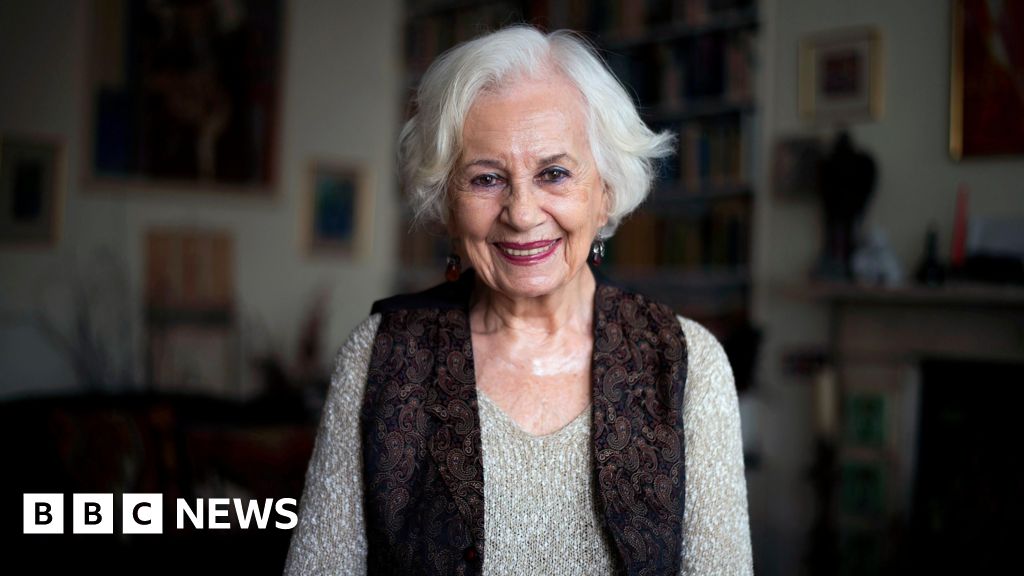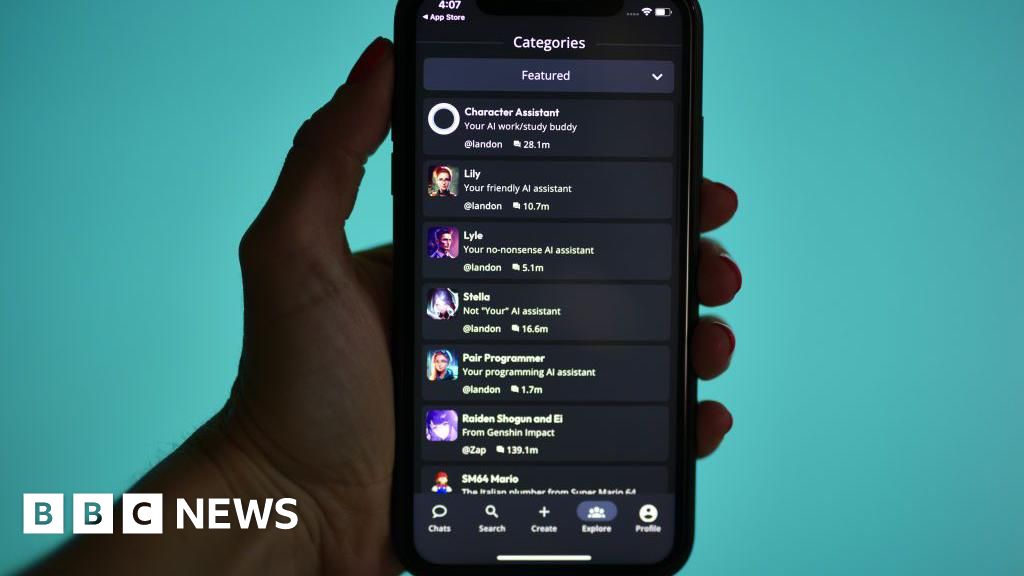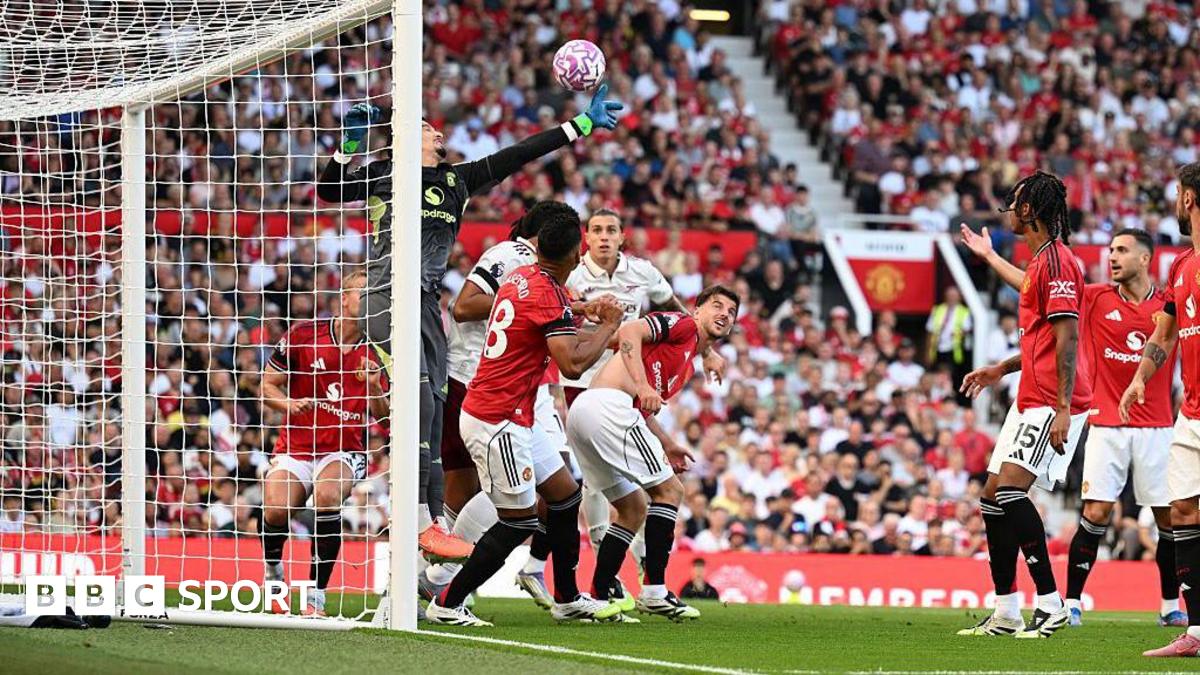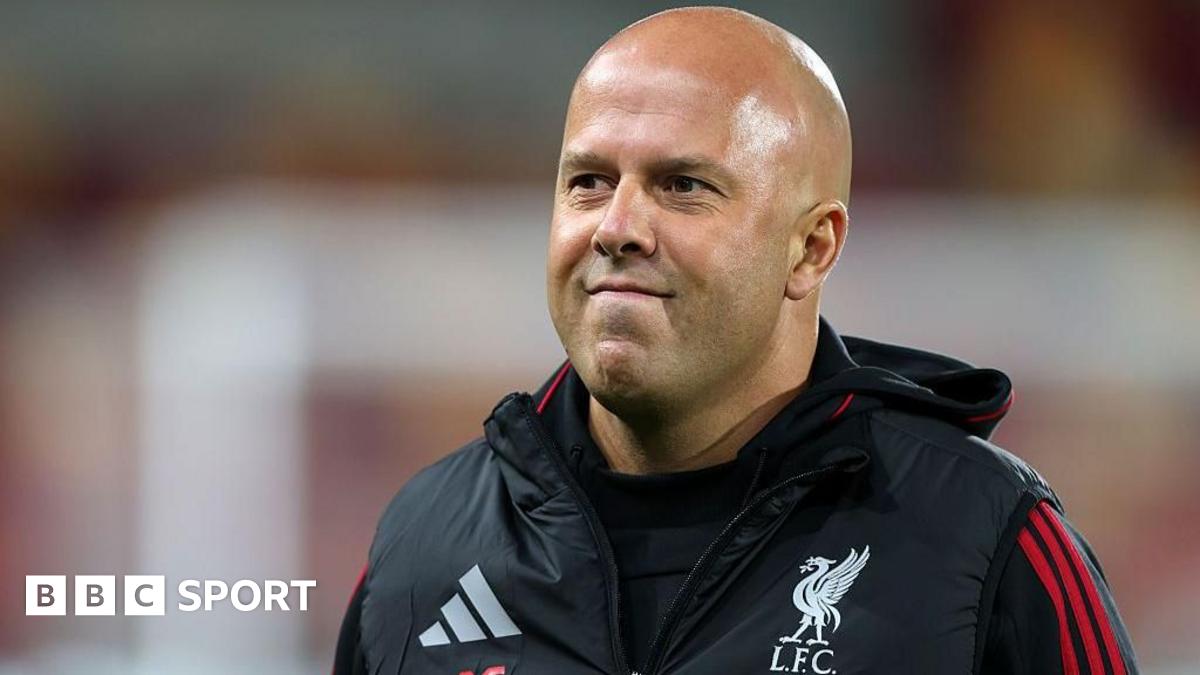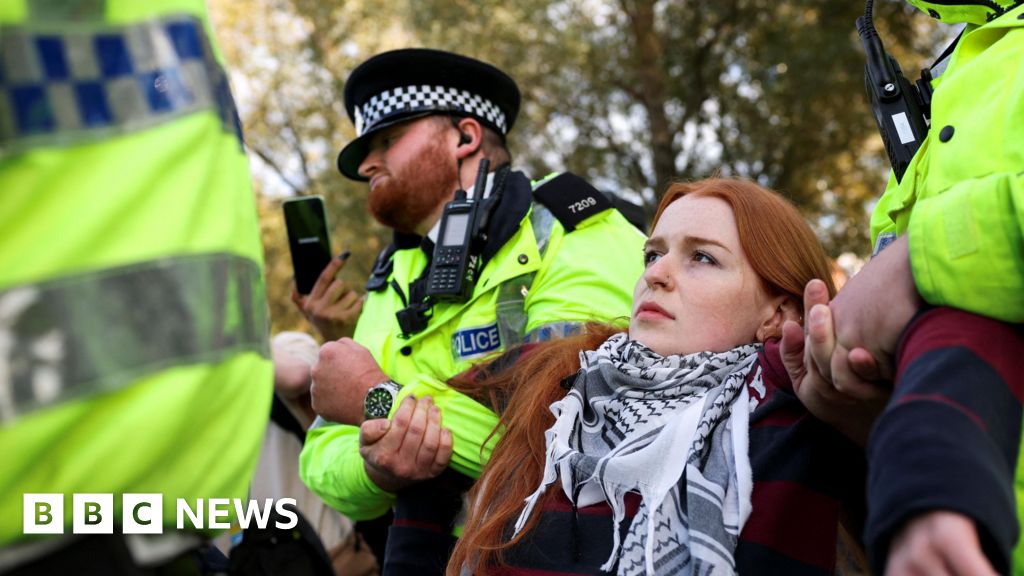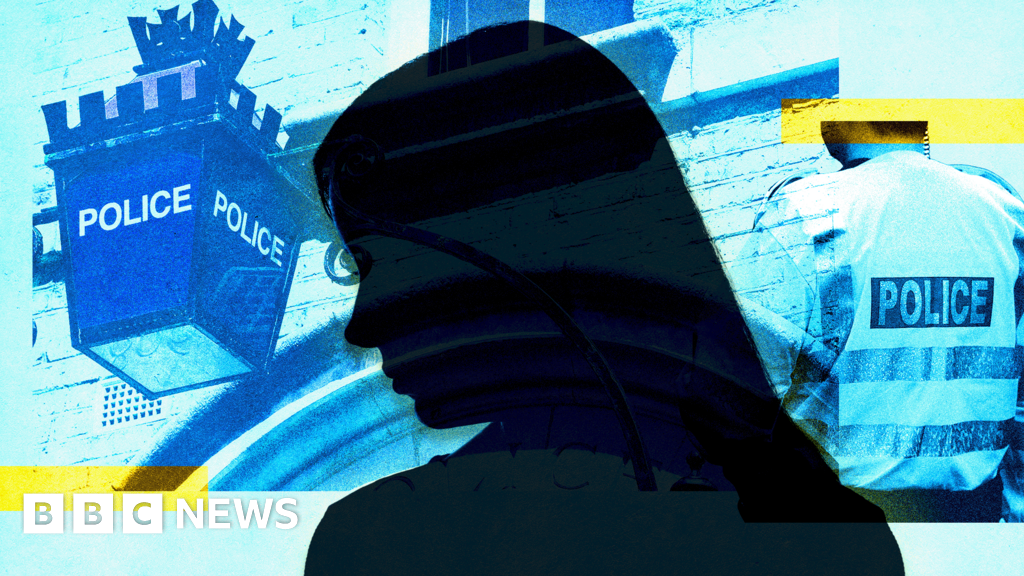
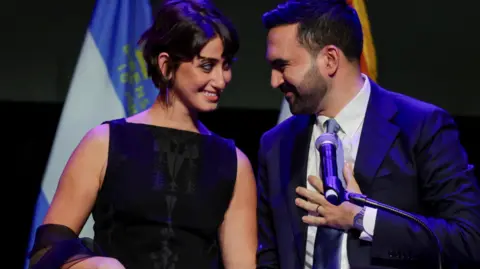 REUTERS/Jeenah Moon
REUTERS/Jeenah Moon
Zohran Mamdani celebrates with his wife, Rama Duwaji, Tuesday night after his victory speech.
It's official: The biggest city in the US will have its first Muslim and first South Asian mayor.
Since Democratic socialist Zohran Mamdani first entered the New York City's mayoral race, the 34-year-old state assemblyman from Queens has had a meteoric rise from near-total obscurity into the national spotlight.
His bold, left-wing platform has energised progressives, shaken up the Democratic party, and drawn harsh criticism from President Donald Trump and Republicans.
"Today we have spoken in a clear voice: Hope is alive," Mamdani told supporters in his victory speech on Tuesday night.
Unlike his more established opponents, Mamdani's new perspective, youth and new left-wing platform excited and ultimately won over voters eager for a fresher politician.
"Let City Hall, with our compassion, our conviction and our clarity, be the light that our city and our nation so desperately need," Mamdani said this week.
Part of what made Mamdani so successful was that younger voters saw how authentic he was on social media, said Jane Hall, communications professor at American University.
They are sick of hearing politicians say the same thing over and over, she said.
"You don't have to be young to be able to do it, but I think you have to be seen as being authentic and speaking to what people care about in a way that is hip and makes people want to be on the bandwagon," Hall said.
Democrats can learn from Mamdani's ability to connect with people and his authenticity, said Andres Bernal, former policy advisor to New York Representative Alexandria Ocasio-Cortez.
"Today's Republicans shape public discourse and they try to shape political consciousness in this country," Bernal argued. "While Democrats kind of just assume that people have fixed beliefs and they look at polls and say, okay, how do we match what we say to what we think people believe?"
Born in Uganda, Mamdani moved to New York at age seven and became a naturalised US citizen in 2018. The son of two Harvard graduates, Mamdani's mother, Mira Nair is an acclaimed filmmaker and his father Mahmood Mamdani is an author, political commentator and professor of government at Columbia University.
Before entering politics, he worked as a housing counsellor, helping low-income homeowners in Queens fight eviction. In 2021, he was elected to the New York State Assembly representing District 36 in Queens.
His mayoral campaign, fueled by social media and grassroots efforts, took hold quickly with a primary contest win in June. Like his opponents, Mamdani's platform focused heavily on making the city safer and more affordable.
But he pushed more radical ways to accomplish those goals - some of which will be uncharted territory for New York City.
Housing is key
The high cost of housing is one of residents' most common gripes about living in the city that never sleeps.
Average rent for a one-bedroom apartment in Manhattan in November 2025 is $4,778 (£3,666), a nearly 20% increase from three years prior, according to apartment listings site RentHop. And in Brooklyn, average rent for a 1-bedroom is $3,625, about a 5% increase, according to RentHop.
One of the most talked-about points in Mamdani's housing plan is freezing rent for four years on the city's 1 million rent-stabilised apartments.
"This is a city where one in four of its people are living in poverty, a city where 500,000 kids go to sleep hungry every night," Mamdani told the BBC over the summer. "And ultimately, it's a city that is in danger of losing that which makes it so special."
But researchers at Maverick Real Estate Partners argue that the four-year rent freeze would be "catastrophic" for many building owners, permanently reducing their net operating income, according to a report published by Columbia's Paul Milstein Center for Real Estate.

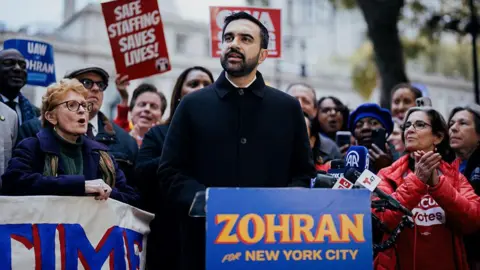 Bloomberg via Getty Images
Bloomberg via Getty Images
Mamdani campaigned heavily on affordability
Perhaps one of Mamdani's more novel ideas is creating a network of city-owned grocery stores across New York's five boroughs, expanding on the six city-owned stores.
Shopping there would be cheaper for customers, according to Mamdani's plan, because they would buy at wholesale prices, be exempt from rent or property taxes, and have centralised warehousing and distribution.
But critics like Samuel Abrams at the American Enterprise Institute, a conservative think tank, argued that Mamdani's proposal ignores complex logistical realities of the food supply chain.
Mamdani also wants to make public buses free - the current fare for most riders is $2.90 - and he plans to make them faster, too. While Mamdani has estimated that his free bus plan would cost the city $630m a year, the chair of the MTA told Gothamist that it would be closer to $1b and require years of review as well as approval from MTA bond holders.
Lowering the high cost of child care is another part of Mamdani's agenda.
"I would hear this again and again and again, both in my own personal life, as friends would tell me the plans they had to settle down and start a family, and how in their eyes that meant it was necessary to leave New York City, with child care being a big part of it," Mamdani said in an interview with The New York Times.
Safety and quality of life
Quality of life is a major concern for New Yorkers: Only 34% of New Yorkers ranked the city's as excellent or good in 2025, down from 51% in 2017, according to a survey from the Citizens Budget Commission.
A flagship element of Mamdani's platform is creating a Department of Community Safety, which would expand city mental health services, including building a system for mental health workers to respond to related 911 calls, instead of police. It includes placing outreach workers in 100 subway stations, and increasing funding for hate/violence prevention programmes by 800%.
Mamdani's Republican opponent Curtis Sliwa criticised the plan, saying it's unrealistic and unsafe for social workers to respond to potentially violent situations.
In an effort to tackle both quality of life and affordability, Mamdani wants to raise the city's minimum wage - currently $16.50 per hour - up to $30 per hour by 2030. But critics have argued that it would put many lower-skilled workers out of work and force them out of the city.

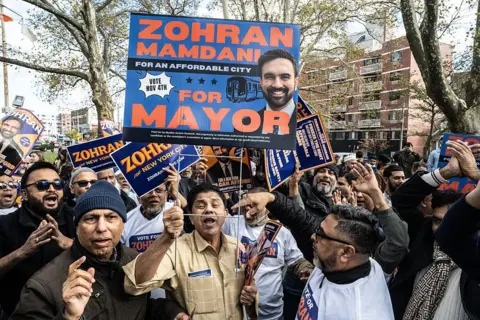 Getty Images
Getty Images
Mamdani supporters believe he's the candidate most focused on making the city more affordable
Mamdani's plan to pay for it all
To help pay for his plans, Mamdani wants to raise the corporate tax rate to 11.5%, matching the top end of New Jersey's range. The corporate tax rate in New York City currently goes up to 7.25%.
He also wants to add a flat 2% tax for New Yorkers who make more than $1 million a year. The campaign said these hikes would raise $9 billion, but how they would be raised remains a question. New York Governor Kathy Hochul has said she won't support the new mayor's plan to increase taxes on the wealthy.
Many also argue that Mamdani does not have enough experience to effectively lead the largest US city.
Trump has tried to paint him as radical, repeatedly calling him a communist, though Mamdani has frequently denied this. The president also has threatened to withhold federal funds from a Mamdani administration.
On Tuesday night, as he declared victory, Mamdani addressed the president directly:
"Donald Trump, since I know you're watching, I have four words for you: Turn the volume up. To get to any of us, you will have to get through all of us".
Simultaneously, Trump posted on social media: "…AND SO IT BEGINS!"

 2 months ago
84
2 months ago
84
